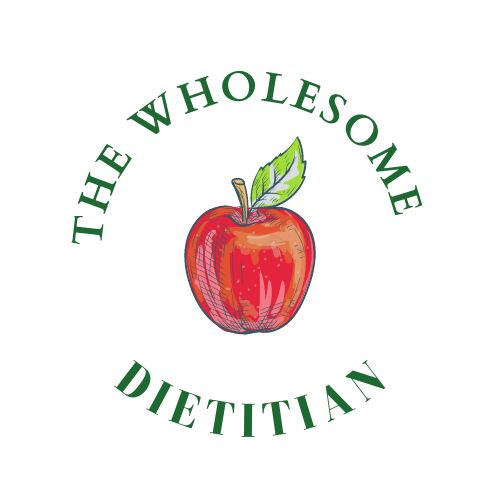The Lowdown on Lactose Intolerance
Have you just been diagnosed with lactose intolerance? Or maybe you’ve been experiencing unpleasant gut symptoms and suspect the culprit is lactose? In this article I explore food sources of lactose, the symptoms of lactose intolerance, the effect it has on health and what exactly lactose intolerance does to the body.
What foods contain lactose?
Lactose is commonly found in dairy products, including cow’s milk, soft cheese, custard, ice-cream, sweetened and condensed milk and yoghurt.
What is lactose?
Lactose is a disaccharide, a type of short chain carbohydrate, made up of two sugar units known as glucose and galactose. Lactose is broken down by the enzyme lactase and absorbed by the small intestine. Lactase makes it’s home in the villi of the small intestine. Villi are small finger-like projections that cover the inner wall of the small intestine, they play a very important role in helping the body to absorb nutrients from our food. If the villi become damaged, this can have a negative effect on the production of lactase and hence the breakdown and absorption of lactose.
What are the symptoms of lactose intolerance?
When lactose is not properly absorbed, the malabsorbed lactose attracts excess water into the bowels. This then results in lactose being fermented by the bowels gut bacteria. Fermentation of indigested lactose can cause a range of uncomfortable gut symptoms including bloating, cramps, excess gas and diarrhoea.
What causes lactose intolerance?
There are various causes for lactose intolerance, however the underlying trigger is predominately not having enough of the enzyme lactase to support the absorption of lactose in the body. Illnesses such as untreated coeliac disease, gastroenteritis or parasites can cause inflammation and damage to the intestinal wall, resulting in depletion of lactase enzyme. This type of damage is usually temporary, with absorption improving once the illness is treated and managed.
My Dietitian tip!
Many people who either believe they have lactose intolerance or have been diagnosed with lactose intolerance tend to restrict their diet by cutting out all sources of dairy. This can result in calcium deficiency which can then lead to further complications such as reduced bone density and osteoporosis. Therefore, if you have been diagnosed with lactose intolerance by your Doctor, seeing a Dietitian is the next step towards receiving personalised guidance and support to maintain a healthy diet, prevent calcium deficiency and steer clear of uncomfortable gut symptoms.

